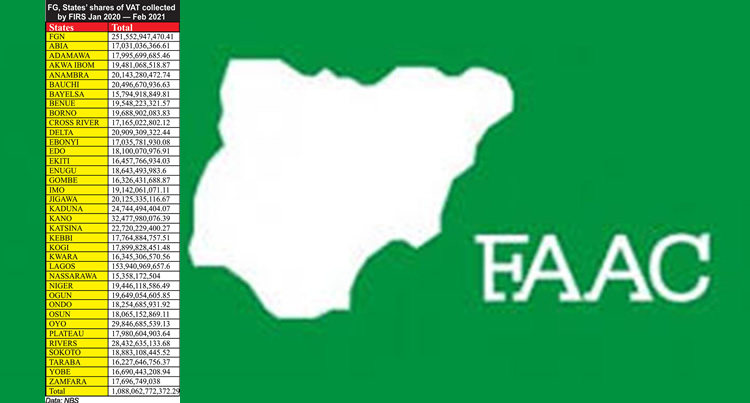The Nigeria Export Processing Zones Authority (NEPZA) and the House of Representatives Committee on Public Accounts have embarked on a mission to bolster accountability and regulatory compliance within Nigeria’s Free Trade Zones (FTZs). This initiative stems from a shared concern that while some FTZs have demonstrated reasonable compliance with remittance requirements, a more robust enforcement mechanism is needed to ensure all zones contribute their fair share to the Federation Account. The joint effort, highlighted by an oversight visit to the Dangote Refinery and Petrochemicals Free Zone Enterprise and the Lagos Free Zone, signifies a renewed commitment to maximizing the economic benefits of the FTZ scheme for the nation. NEPZA has served notice to all FTZ operators that existing regulations will be strictly enforced, signaling a shift towards greater transparency and fiscal responsibility within the scheme.
NEPZA’s Managing Director/Chief Executive Officer, Dr. Olufemi Ogunyemi, underscored the authority’s dedication to upholding transparency and accountability. He acknowledged the positive contributions of some zones, particularly highlighting the Dangote Refinery and Lagos Free Zone as exemplary models of industrial advancement. However, he emphasized the imperative for all FTZs to fulfill their financial obligations to the government. Dr. Ogunyemi’s pronouncements reflect NEPZA’s understanding that the success of the FTZ scheme hinges on the collective adherence of all operators to established regulations and their commitment to contributing to national economic growth.
The House of Representatives Committee on Public Accounts, led by Chairman Bamidele Salam, expressed satisfaction with the level of investment and industrial activity observed at the Dangote Refinery and Lagos Free Zone. These zones, according to the committee, represent the potential of the FTZ scheme to attract both domestic and foreign investment, driving economic growth and industrial development. However, the committee stressed the need for continuous refinement of the FTZ scheme to ensure it effectively serves its primary purpose of accelerating national economic progress. This emphasis on continuous improvement highlights the dynamic nature of the FTZ landscape and the need for adaptive strategies to optimize its contribution to national development.
A key concern raised by the committee is the equitable distribution of FTZs across the country. Chairman Salam urged NEPZA to prioritize the expansion of the FTZ scheme to other regions, ensuring a balanced approach to industrialization that benefits all parts of Nigeria. This call for equitable distribution underscores the importance of inclusive growth and the need to leverage the potential of FTZs to stimulate economic activity in less developed regions. The committee’s focus on balanced industrialization reflects a broader national objective of reducing regional disparities and fostering shared prosperity.
The committee also emphasized the critical role of regulatory enforcement in ensuring the financial viability of the FTZ scheme. While acknowledging the positive impact of operational zones, the committee insisted on the full activation and enforcement of all regulations governing transparency and business conduct within the zones. This emphasis on regulatory compliance underscores the importance of ensuring that FTZ operations contribute appropriately to the Federation Account. The committee’s stance highlights the need for a robust regulatory framework that promotes accountability and prevents revenue leakage.
Furthermore, the committee addressed the issue of inactive FTZ licenses. Chairman Salam urged NEPZA to take swift action to address the issue of inactive licenses, emphasizing the need to prevent these licenses from falling into the hands of non-FTZ operators. This concern reflects the committee’s commitment to ensuring the integrity of the FTZ scheme and preventing its misuse. The call for proactive measures by NEPZA underscores the importance of maintaining a dynamic and efficient system that promotes genuine economic activity within the FTZs. With 42 active FTZs and over 500 licensed enterprises currently operating, the performance of the Dangote Refinery and the Lagos Free Zone will serve as a benchmark for other operators, underscoring the importance of compliance and transparency within the scheme. The committee’s focus on these two zones as benchmarks highlights the importance of leading by example and setting a high standard for other FTZ participants to emulate. This approach emphasizes the collective responsibility of all stakeholders in ensuring the success and sustainability of the FTZ scheme.


